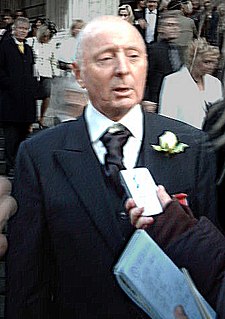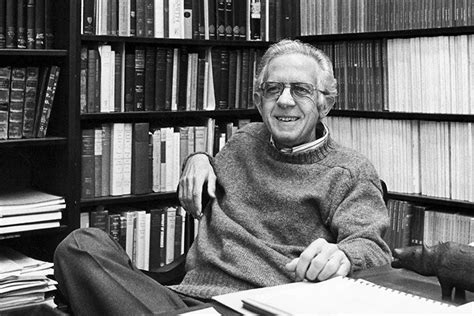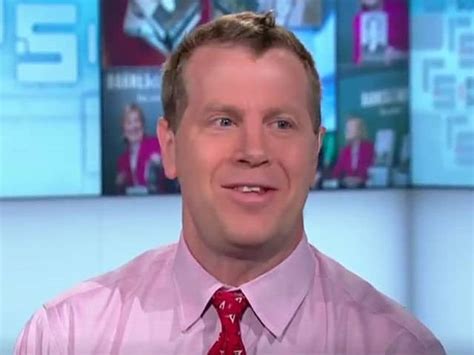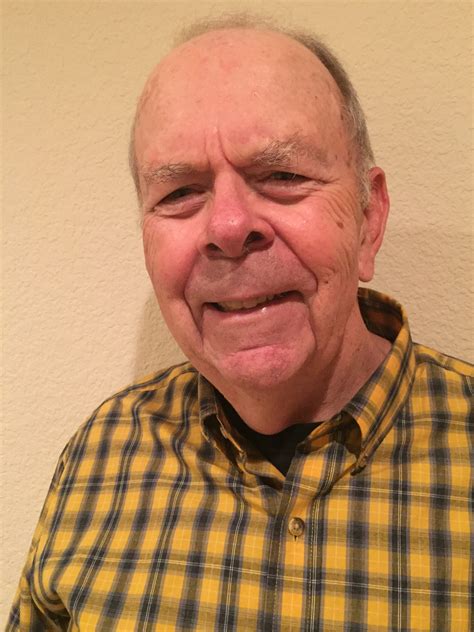A Quote by Jack Welch
Most organizations fail in driving change.
Quote Topics
Related Quotes
It's up to the artist to use language that can be understood, not hide it in some private code. Most of these jokers don't even want to use language you and I know or can learn . . . they would rather sneer at us and be smug, because we 'fail' to see what they are driving at. If indeed they are driving at anything--obscurity is usually the refuge of incompetence.
I love driving through Western Massachusetts, out through the Berkshires, when the road is empty and it's a nice day. I don't like driving home on Memorial Drive at 5:45 or 6:45 at night when it's crowded and stressful. I think that's true of most people, and the goal of automated driving is to take the stressful part of driving out of the task.



































